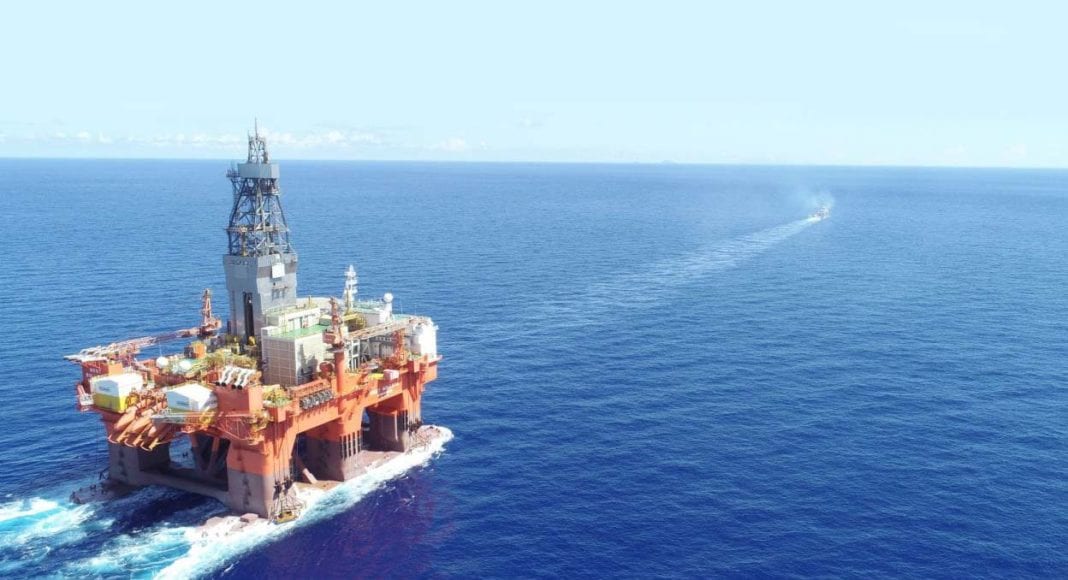The Greenlandic government, Naalakkersuisut, has decided to drop all future oil exploration on and around the world’s largest island, Danish media reported last week.
This is being done partly in response to climate concerns and the need to protect the vulnerable Arctic environment, the natural resources, the burgeoning tourism and the country’s main source of income, hunting and fishing.
“Naalakkersuisut has assessed that the environmental consequences of oil exploration and extraction are too great. And the resources we use to keep alive the dream of an oil adventure can be better used in other parts of our business life,” said Naaja H. Nathanielsen, Minister of Naalakkersuisoq.
The current IA-led government took power from Siumut in the county council elections in April, and immediately began delivering on election promises to stop plans for uranium mining in South Greenland.
And now it is also over with the oil ambitions, which have many times been proclaimed as the most likely path to independence from Denmark.
“The future does not lie in oil. The future belongs to renewable energy and in that respect, we have much more to gain,” says the Greenlandic government.
Greenland, considered to be a high-income country, is the world’s largest island, located between the Arctic and Atlantic oceans, east of the Canadian Arctic Archipelago. It has a Gross Domestic Product (GDP) per capita of US$54,470.
Guyana, where there have been calls by some in the society to leave the oil in the ground, or at the very least, limit development of the vast oil fields ExxonMobil has found off the country’s coast, has a per capita GDP of just US$6,609.
Guyana’s Vice President, Bharrat Jagdeo has said each country has different circumstances and would therefore have to craft its own solutions.
“Now crafting those solutions and the pace at which to implement them has cost implications for the treasuries of the countries and beneficiaries,” Mr. Jagdeo told OilNOW in May, following the release of a bombshell report by the International Energy Agency (IEA) in which it advised that no new investments should be pursued in fossil fuels if the world is to reach net-zero by 2050.
Governments in several Latin America and Caribbean countries have said they intend to pursue rapid development of their hydrocarbon resources so that they can get the most from it now and use this to advance programmes geared towards improving the lives of citizens.




